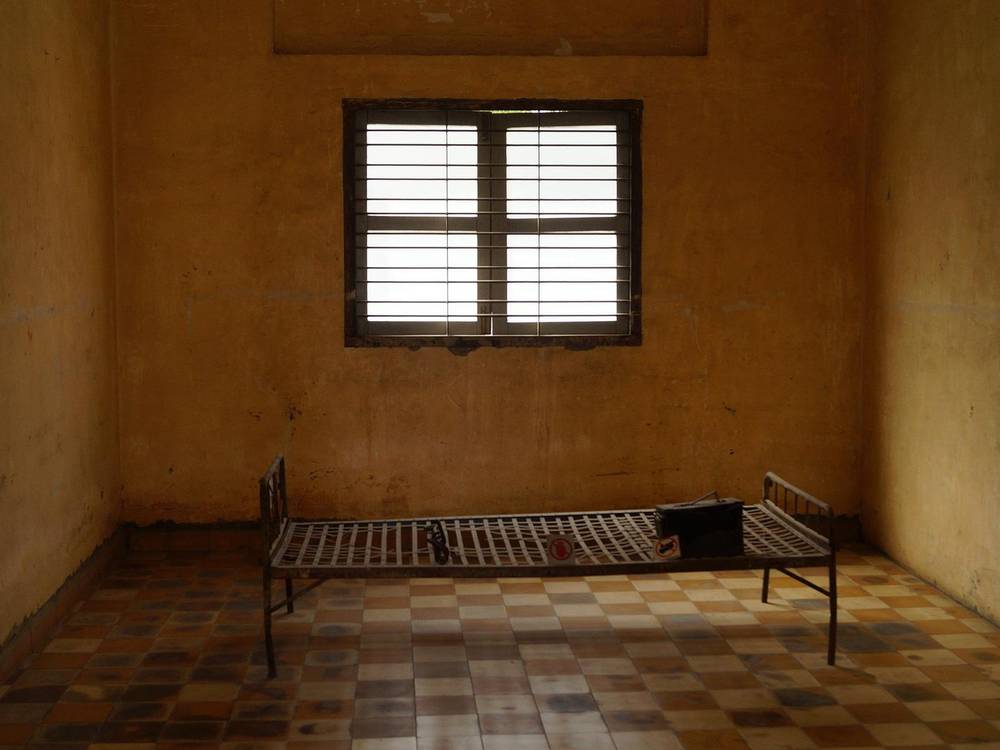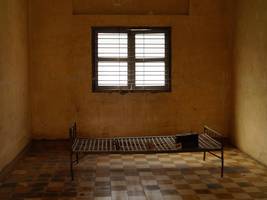On the occasion of the International Day in Support of Victims of Torture on 26 June, Ombudsman Peter Svetina stresses that torture is a crime and can never be justified, and that the prohibition of torture is absolute. On this day exactly 35 years ago, the United Nations Convention against Torture and Other Cruel, Inhuman or Degrading Treatment or Punishment entered into force.
In 2006, the Act on the Ratification of the Optional Protocol to the Convention against Torture and Other Cruel, Inhuman or Degrading Treatment or Punishment (OPCAT) entrusted the Ombudsman with important additional tasks and powers under the National Preventive Mechanism (NPM). For 14 years, it has been strengthening the protection of persons deprived of their liberty against torture and other cruel, inhuman or degrading treatment or punishment.
People deprived of their liberty, including the elderly and people with disabilities, are certainly among the groups most at risk of torture and other cruel, inhuman or degrading treatment or punishment. In order to protect elderly and disabled persons in places of detention, the South-East Europe Network of State Preventive Mechanisms held a meeting in Vienna on 21 and 22 March. 2022, a meeting was organised by the Austrian National Preventive Mechanism, which holds the chairmanship of the Network this year.
At the end of the meeting, the participants adopted conclusions and recommendations aimed at strengthening the protection of these vulnerable groups and thus supporting all victims of torture.
They recommend that older prisoners be housed among the general prison population and that their accommodation requirements be appropriate to their dignity needs. They also recommend that prisoners who require special care because of their age or physical disability should be cared for in appropriate facilities and that an adequate number of trained carers should be available in all correctional institutions.
The members of the DPMs of SEE believe that staff involved in the supervision and care of elderly or physically disabled prisoners should receive specific training on a regular basis. In cases in which older prisoners are cared for by other prisoners, they should be adequately supported and trained. Issues of liability for possible poor care should also be addressed and clarified.
The members of the South East Europe Network of State Preventive Mechanisms also recommended that state authorities should provide appropriate assistance in accordance with the needs of the individual in preparation for the release of this vulnerable group.
Last year alone, the National Preventive Mechanism in Slovenia carried out 60 preventive visits to places of deprivation of liberty to prevent torture or other ill-treatment and issued 501 recommendations, almost 200 more than the previous year. During his visits, he found no cases of torture or other cruel punishment or treatment. More detailed findings on the visits to places of deprivation of liberty and the recommendations of the Slovenian National Preventive Mechanism are published in the 14th Report of the National Preventive Mechanism for 2021 (in Slovene - to be translated).

